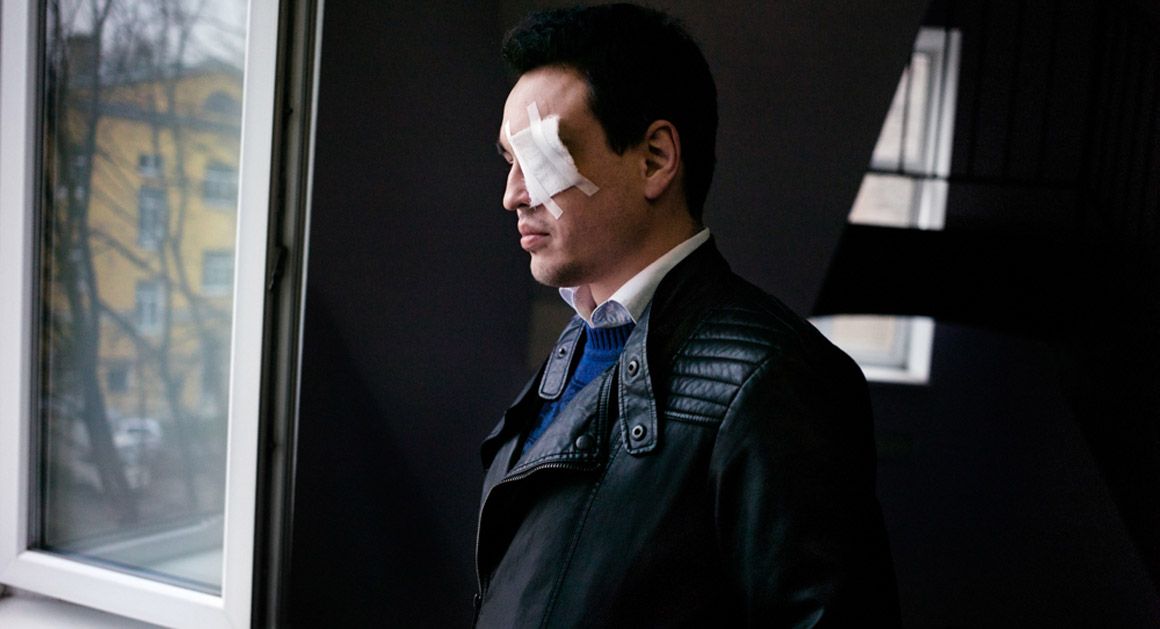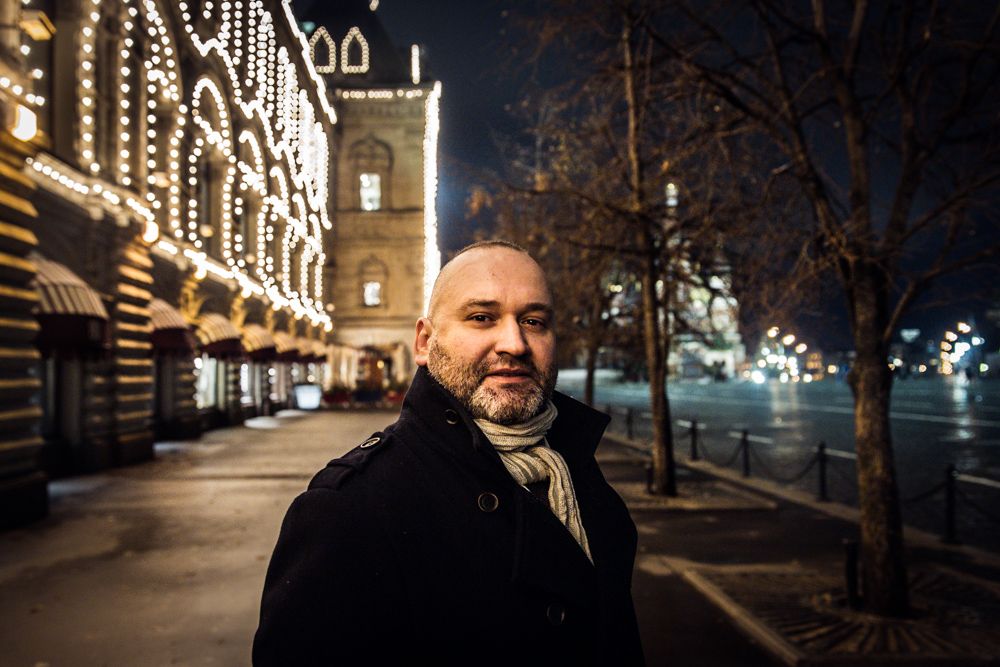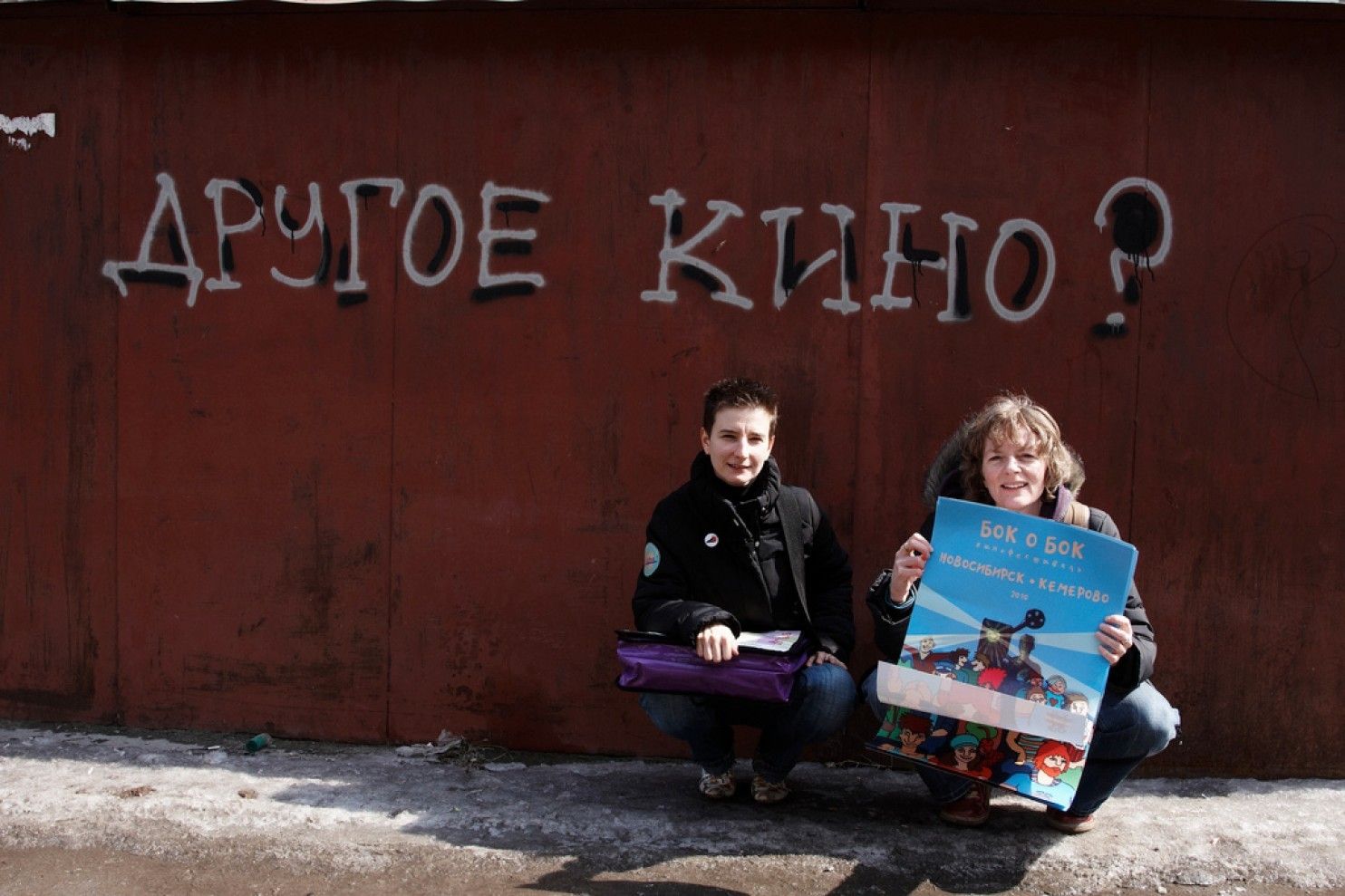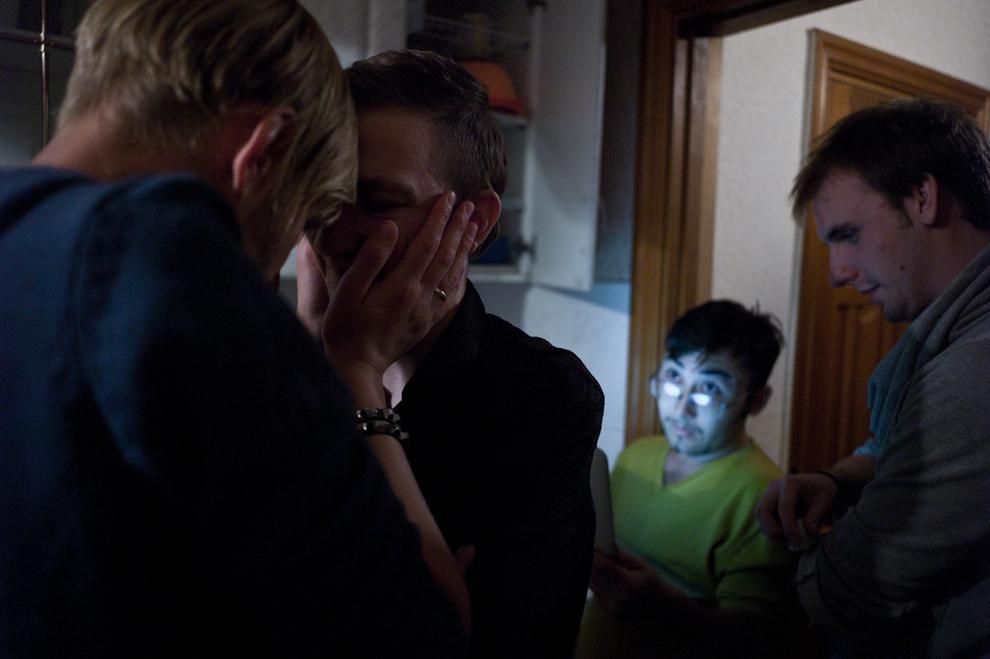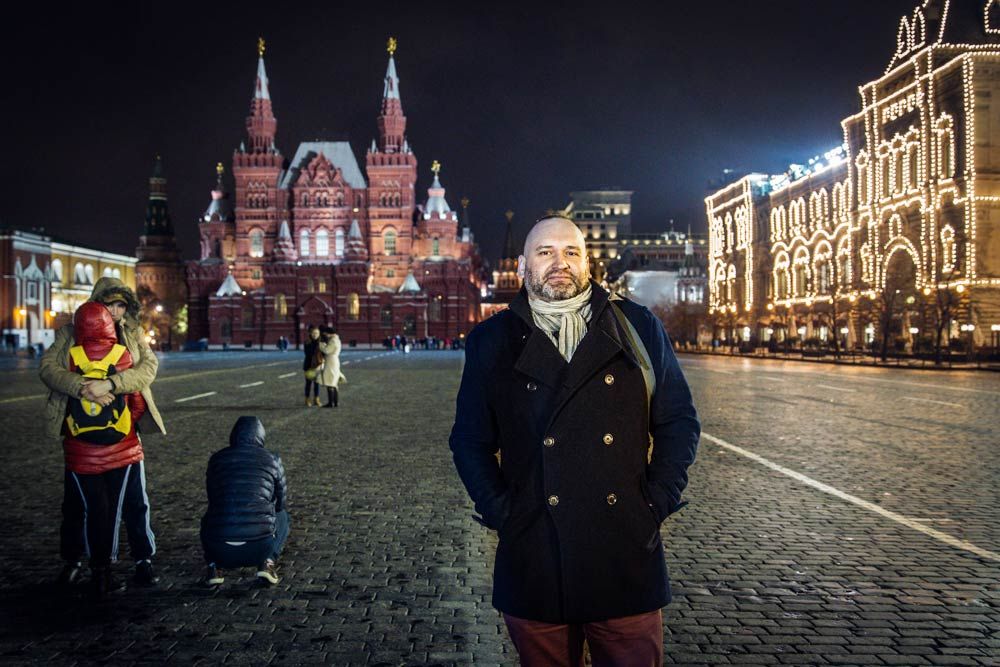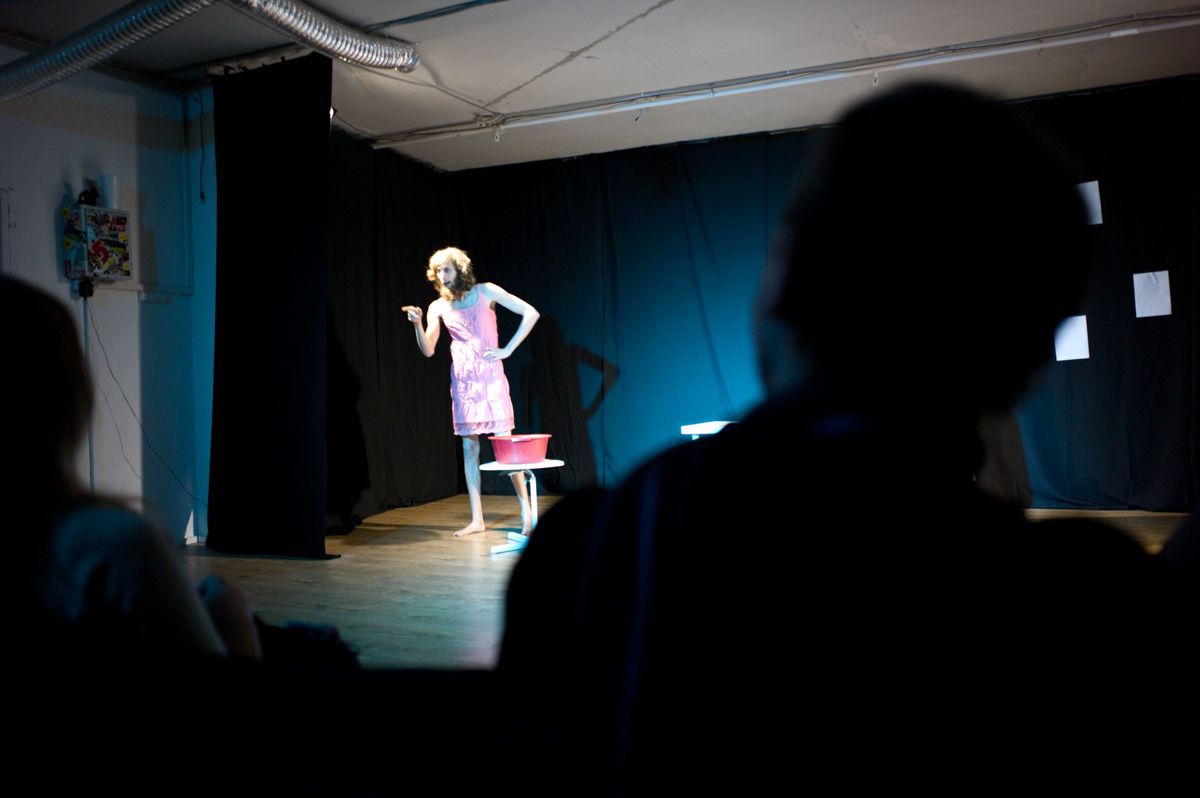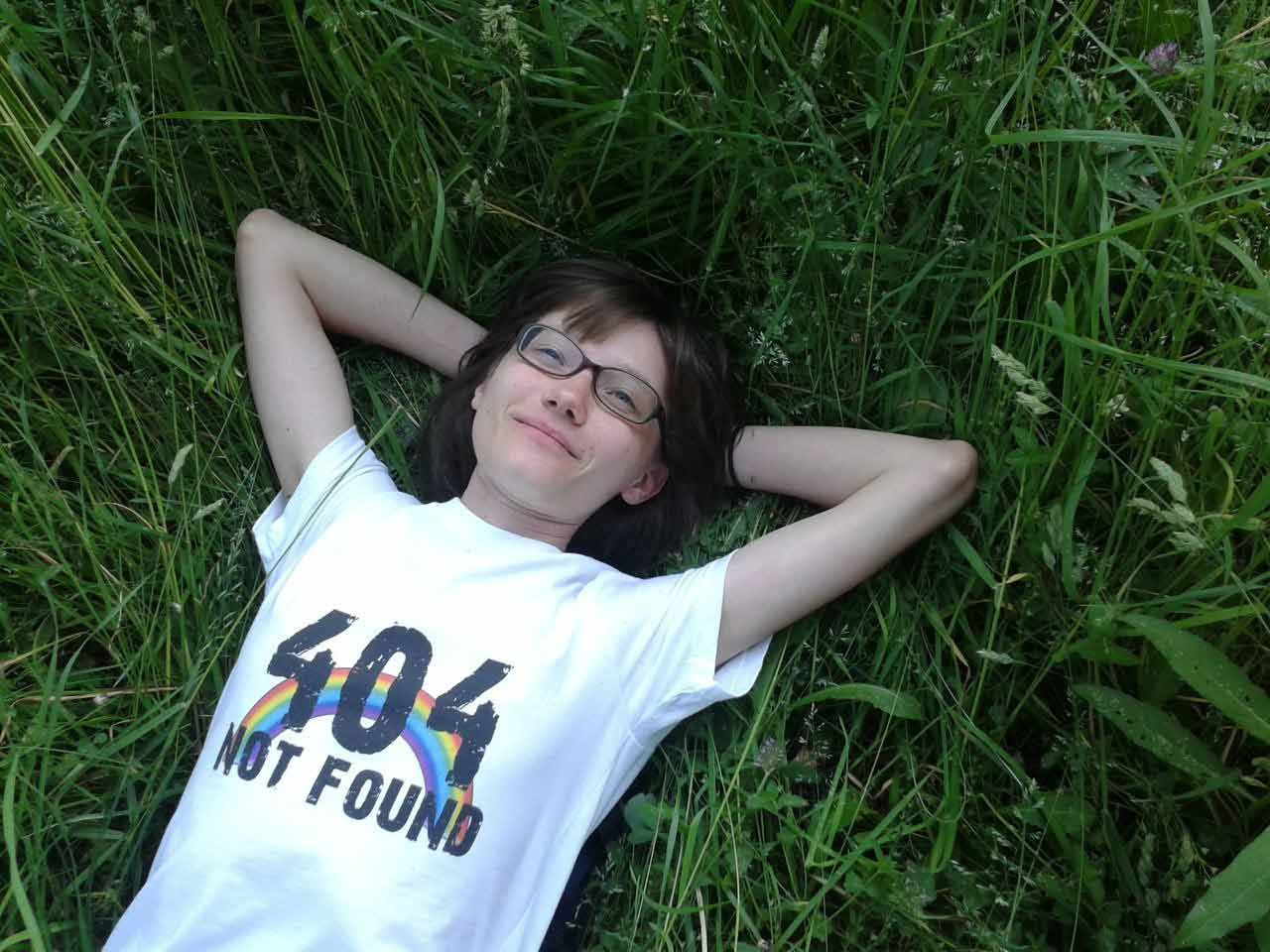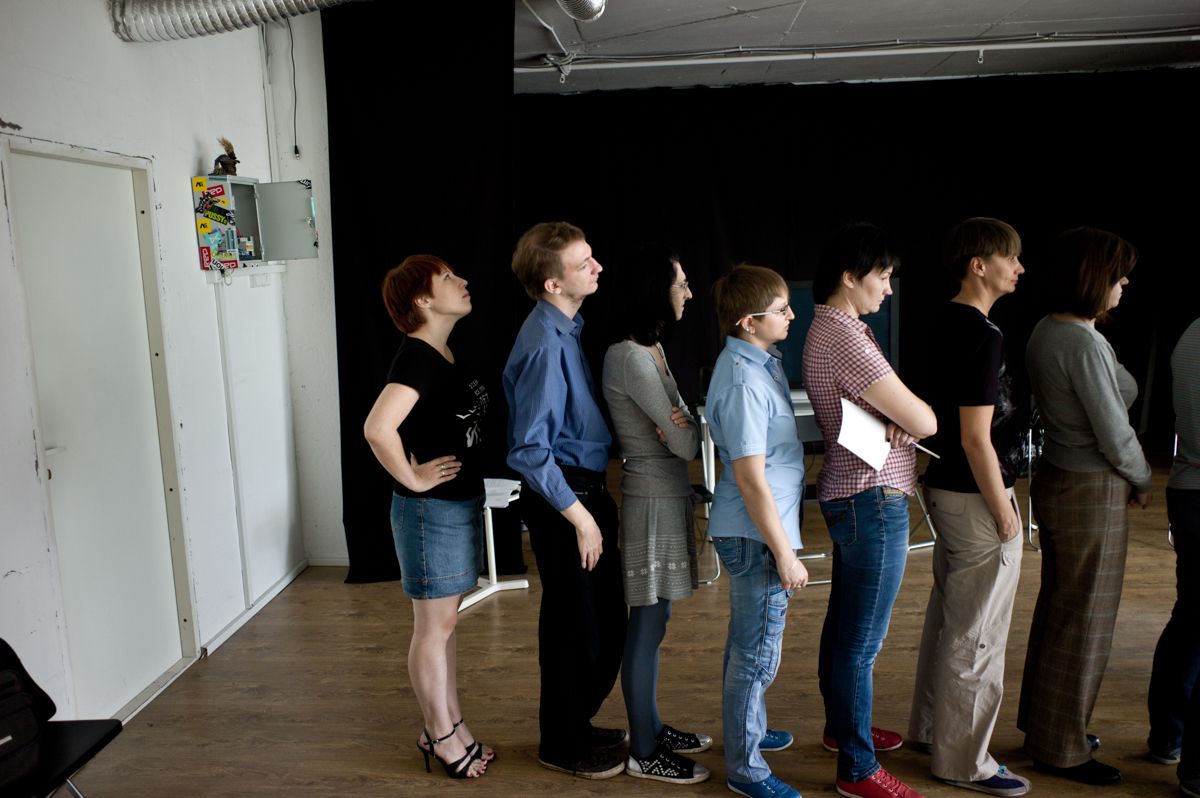Objective:
Students will identify the discriminatory nature of Russia’s Anti-Propaganda Law, analyze ways it violates Russian citizens’ constitutional rights, and propose solutions on how Russian citizens can combat the law.
Warm-up:
In pairs:
1. Read background on Russia’s Anti-Propaganda Law and list its basic tenets using the links below.
2. Skim the Russian Constitution, Chapter 2. Rights and Liberties of Man and Citizen using the link below and identify at least 2 ways in which the Anti-Propaganda Law violates Russian citizens’ constitutional rights.
3. Share findings in entire class discussion.
Introducing the Lesson:
To become familiar with how the law has been enforced and how the Russian LGBT community has reacted to the law, students will explore the work of two Pulitzer Center Reporters: Misha Friedman, a documentary photographer, and Nora FitzGerald, an international journalist.
Discussion/Activity:
1. Teacher will put students into groups and assign one of the 4 articles found below.
2. Students read the assigned article and answer the following questions on their assigned article:
- Which part of the country does the article discuss – European Russia or Asian Russia? Use the map if needed (hint: Ural Mountains is the dividing line)
- Due to the passage of the law, what has happened to the LGBT community? Why?
- How is the LGBT community trying to combat the law? Has it been successful? Why or why not?
3. Students report out their findings to the class (could also jigsaw the article).
Summary questions after the reports:
- Has the reaction of the LGBT community differed in Russian urban centers (Moscow and St. Petersburg) located in Europe versus in the hinterlands of Russia west of the Ural Mountains? Why or why not?
- What have been the overall effects of this law on the LGBT community in Russia?
Extension:
In several well-developed paragraphs, answer the following questions:
- What ways can the LGBT community combat the Anti-Propaganda Law internally? Using the international community?
- How might you as a student express your dissatisfaction with the law?
CCSS.ELA-LITERACY.RH.11-12.7
Integrate and evaluate multiple sources of information presented in diverse formats and media (e.g., visually, quantitatively, as well as in words) in order to address a question or solve a problem.
